Sudan inflation hits 55.60% in March; public transport ‘almost unaffordable’
According to Sudan’s Central Bureau of Statistics the inflation rate in the country in March reached 55.60 per cent; up from 54.34 per cent in February. Public transport prices nearly doubled last week.
 Sudanese Pounds - Dollars (file photo)
Sudanese Pounds - Dollars (file photo)
According to Sudan’s Central Bureau of Statistics the inflation rate in the country in March reached 55.60 per cent; up from 54.34 per cent in February. Public transport prices nearly doubled last week.
In particular, the prices of basic commodities reached record levels. “With a contribution of 56.80 per cent, food and beverages turned out to be the largest group [of commodities] contributing to the inflation rate,” the Central Bureau of Statistics said on Thursday.
The shortage of hard currency in Sudan in addition to the devaluation of the Sudanese Pound in early January has negatively affected the import of various consumer goods, including wheat and medicines. The fuel and gas shortages that rapidly grew last year are exacerbating the financial crisis in the country.
The prices of vegetables and fruits however decreased in the past month.
The inflation rate in rural areas reached 60.71 per cent in March, compared to 59.59 per cent in February. El Gezira state, south of Khartoum, recorded the highest inflation rate: 82.28 percent; Khartoum state the lowest at 47.64 per cent.
Bus tickets
Last week, travellers in Sudan complained to Radio Dabanga about soaring ticket prices.
“Many people cannot afford to visit their relatives in another part of the country anymore,” one of them said.
According to the sources, the price of a bus ticket from Khartoum to El Fasher, capital of North Darfur, almost doubled as it jumped from SDG 350 ($ 19*) to SDG 550 ($ 30), from Khartoum to Nyala in South Darfur from SDG 550 to SDG 750, and from Khartoum to the North Kordofan capital of El Obeid from SDG 150 to SDG 270.
Bus owners explained that apart from skyrocketing fuel prices, the authorities raised the extension of a bus license from SDG 15,000 ($ 823) to SDG 33,000 ($1,817).
“Many people cannot afford to visit their relatives in another part of the country anymore.” – traveller
“Even the price of the stamp on the ticket was increased,” a bus owner reported. “We now have to pay SDG 25 for each stamp.”
Water and fuel crises
People in Dardib, on the Kassala-Red Sea state border, are suffering from an acute shortage of both drinking water and petrol.
“The fuel crisis pushed the black market price of petrol up with 250 per cent,” journalist Osman Hashim told Radio Dabanga. “One of the town’s water tanks broke down as well,” he said. “People are now paying SDG 60 ($ 3.30) instead of SDG 40 for two barrels of water from the donkey cart.”
Residents of eastern South Kordofan are complaining about the scarcity of fuel as well.
“Transport between the various districts and the market or the schools has halted,” a car owner told this station from Abu Jubeiha town. “The price of a gallon of petrol reached SDG 300 on the black market,” he said. “A bus ticket from Abu Jubeiha to Um Rawaba rose from SDG 400 to SDG 500 last week.”
* Based on the official US Dollar rate quoted by the Central Bank of Sudan (CBoS)








 and then
and then